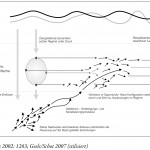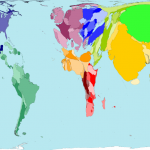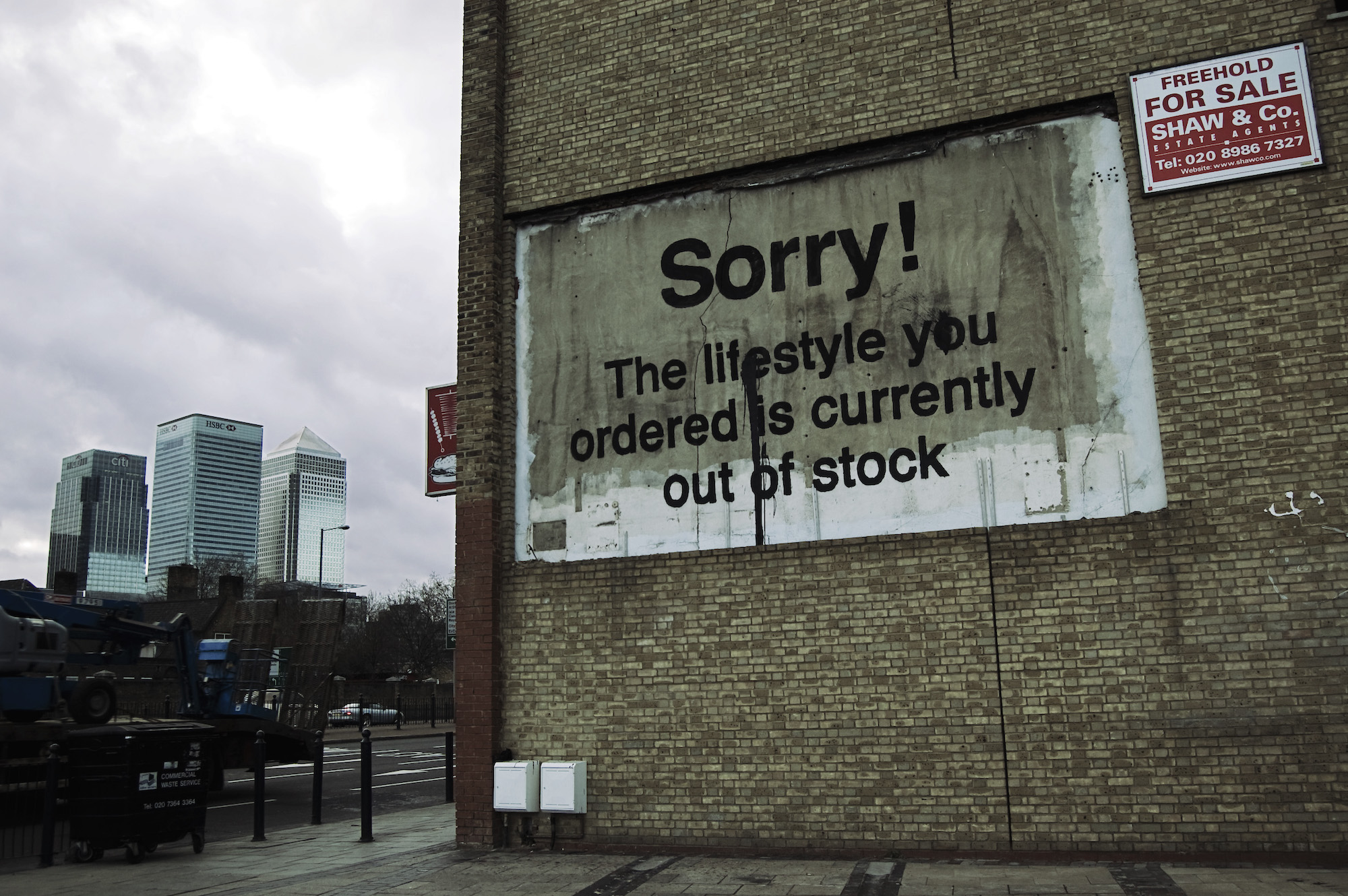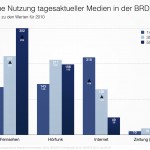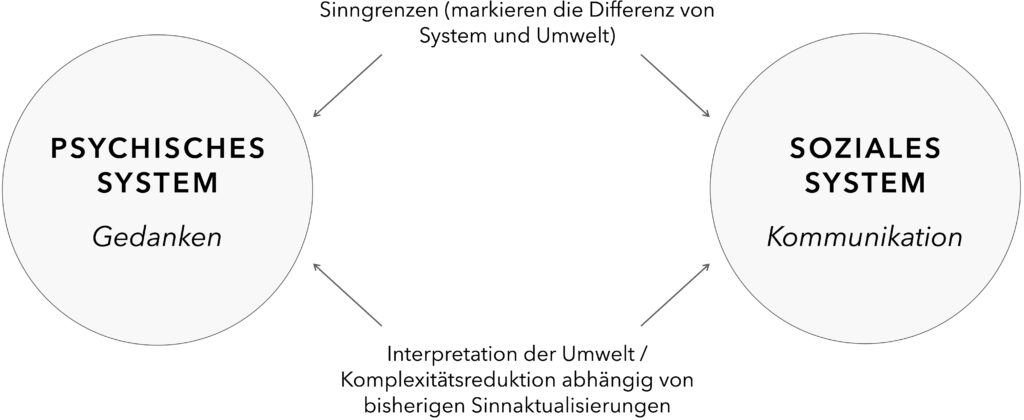(Überzogene) Technikerwartungen – der Fall »5G«
Jan-Felix Schrape | 19. Dezember 2023Die sehr lesenswerte aktuelle Ausgabe der Zeitschrift für Technikfolgenabschätzung in Theorie und Praxis (TATuP) beschäftigt sich mit dem Thema »Technologie-Hype: Der Umgang mit überzogenen Erwartungen und Versprechungen« (ein Beispiel für einen solchen Hype ist auch die Debatte um generative KI).
Passend dazu ist beim US-Technikportal The Verge vor einigen Wochen ein Artikel erschienen, der sich mit dem Mobilfunkstandard 5G auseinandersetzt, welcher ab 2019/2020 als der Schlüssel für eine volldigitalisierte Gesellschaft gehandelt wurde: »It was the future of mobile communications that would propel autonomous vehicles, remote surgery, and AR into reality. The low latency! The capacity!«
Inzwischen hat sich allerdings gezeigt, dass eine schnelle mobile Internetverbindung nur ein kleiner Baustein in der Realisierung dieser überaus weit ausgeworfenen Technologieprojekte ist: »While it’s true that 5G has actually arrived, the fantastic use cases we heard about years ago haven’t materialized.« Ein gerne unterschätzter Faktor – das haben, wie der The Verge-Artikel vorführt, inzwischen auch die massiv in 5G investierten US-Mobilfunkunternehmen festgestellt – besteht demgegenüber in den sozioökonomischen Aneignungsprozessen in den adressierten Branchen:
»One problem standing in the company’s way, RCR Wireless News editor-in-chief Sean Kinney explains to The Verge, is that carriers aren’t really set up to sell their services to specific industries. ›If you’re going to sell 5G and edge computing services to a hospital, you need a sales organization that understands healthcare. […] You need that for every vertical industry — for transportation, logistics, healthcare, and manufacturing and hospitality. And that’s just a hard thing to do.‹
Bringing 5G to sectors like manufacturing isn’t exactly a snap of the fingers, either. Not every kind of manufacturer even needs or wants 5G, for starters. Kinney says there’s potential in certain kinds of manufacturing like automotive, but lots of factories tend to be, well, old and don’t lend themselves well to fast upgrades.«
Der Artikel kommt zu der techniksoziologisch bestens abgesicherten Einsicht, dass auf die meisten Technikhypes über kurz oder lang eine Phase der Enttäuschung folgt. Zum einen, weil die technische Umsetzung realiter oft deutlich verwickelter und langatmiger ist, als das in den initialen Debatten um eine Neuerung im Regelfall reflektiert wird. Und zum anderen, weil es weniger auf die schiere technische Möglichkeit ankommt als auf die Aufdeckung bzw. Schaffung von Anwendungs- und Einsatzpotenzialen in konkreten (und oft in sich wiederum komplexen) sozioökonomischen Kontexten:
»5G will improve as time marches on as it tends to, particularly when the networks have fully deployed standalone 5G. But we can probably stop holding our breath for that killer app and make peace with the fact that technological progress is often slow and boring — moving forward cell tower by cell tower, not by leaps and bounds.«



